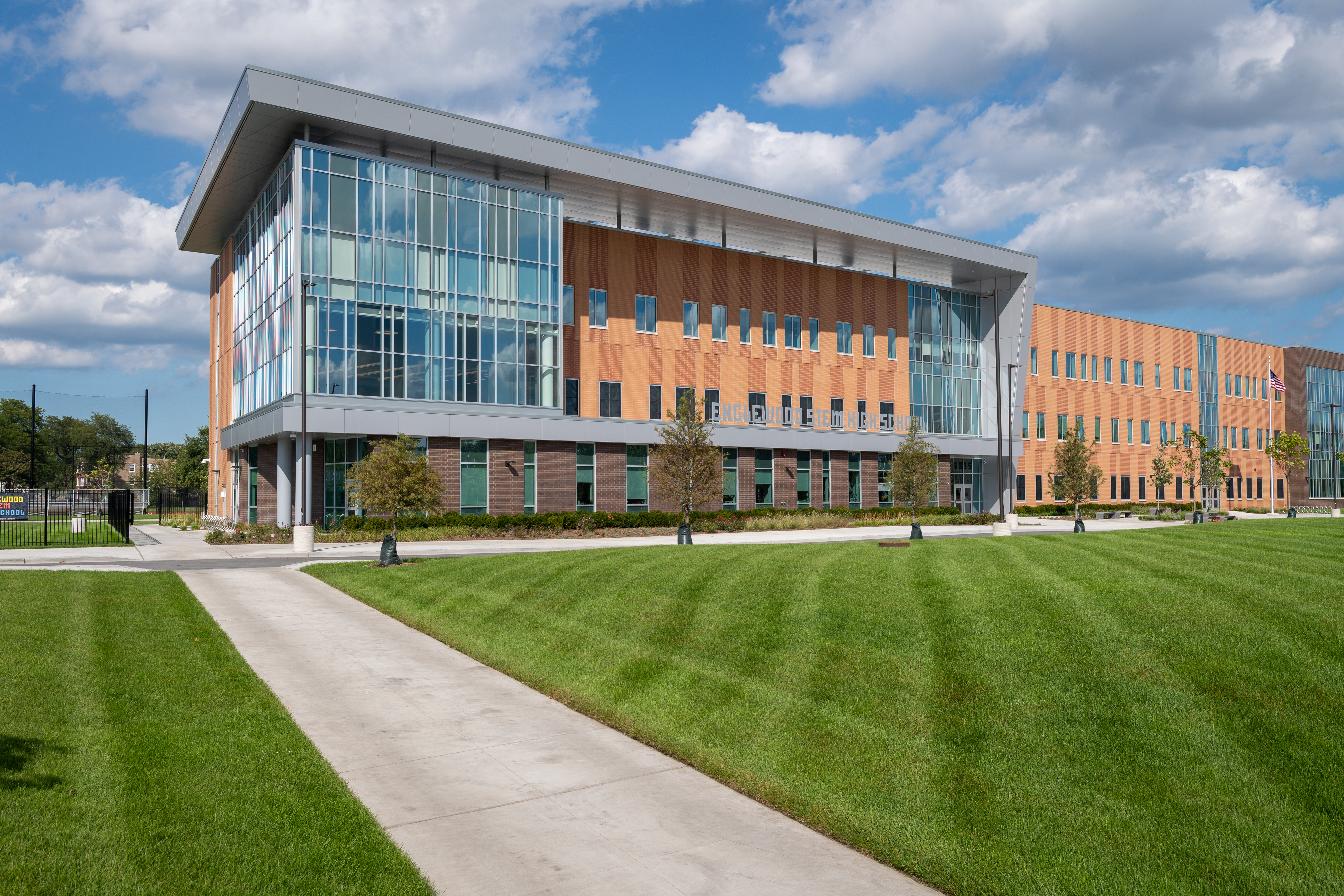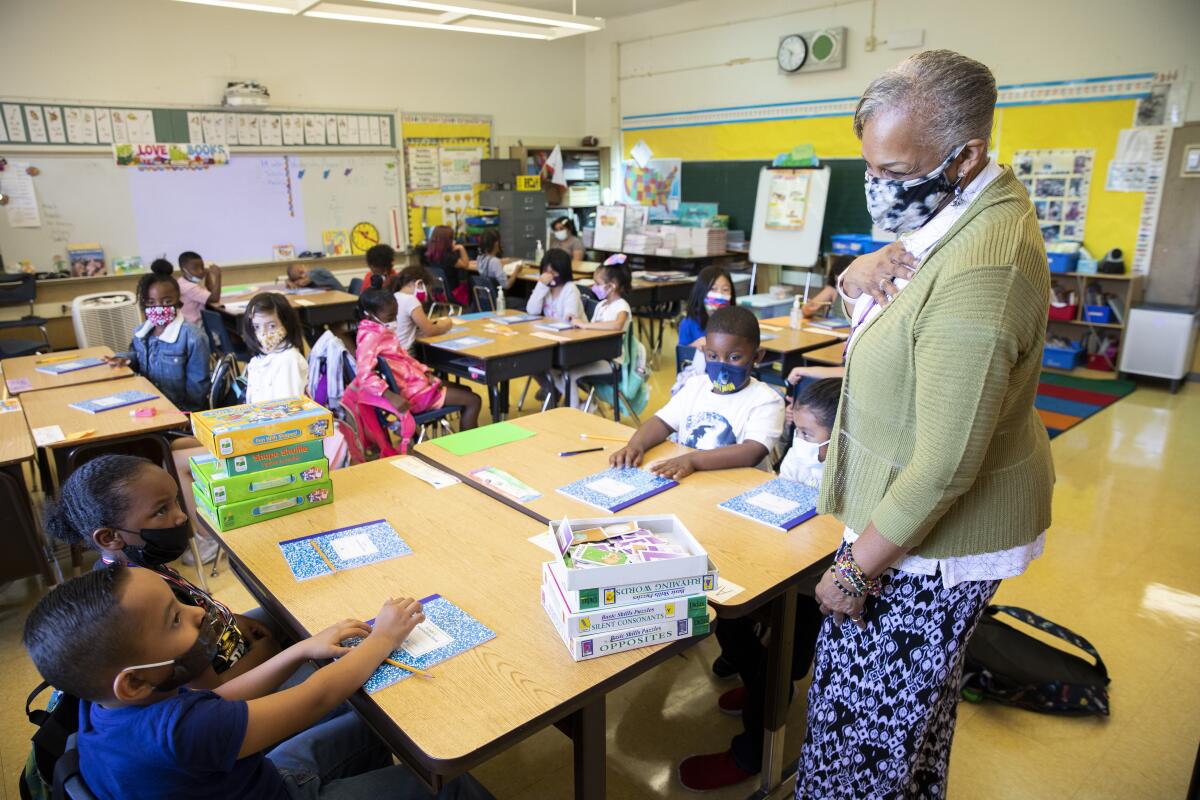The Function of Parents and Teachers in the Initiative to Save Temecula Schools
The Function of Parents and Teachers in the Initiative to Save Temecula Schools
Blog Article
Just How Schools Play an Essential Duty in Shaping Future Leaders and Trendsetters
Schools contribute fit future leaders and innovators with the farming of vital thinking, creativity, and collaboration. By integrating project-based understanding and interdisciplinary research studies, universities test students to analyze and manufacture intricate details. Educators offer as advisors, directing pupils and supporting their potential, while after-school activities even more establish management skills and resilience. This vibrant environment not only focuses on specific strengths but also emphasizes the importance of teamwork, essential for navigating tomorrow's obstacles. How precisely do these elements interplay to produce a durable structure for future success?
Cultivating Important Believing
In today's swiftly advancing world, fostering crucial thinking within schools has actually become critical. As culture grapples with increasingly complex international obstacles, the ability to analyze, review, and synthesize information is important. Institutions play a vital role in developing these skills, preparing pupils to browse and deal with complex issues with educated, reasoned decisions.
To cultivate critical reasoning, educators use various instructional techniques that encourage active knowing and intellectual involvement. Classroom discussions, problem-based discovering, and Socratic questioning contribute in advertising reflective and analytical idea processes. By testing trainees to question presumptions and think about numerous point of views, these methods make sure a deeper understanding of subject issue beyond memorizing memorization.
Furthermore, incorporating important thinking throughout the curriculum strengthens its value and applicability in varied contexts. Topics such as maths, science, history, and literature each offer special possibilities to establish students' crucial professors. Examining historic events needs recognizing and reviewing resources context, while scientific questions needs strenuous theory screening and evidence-based thinking.
Inevitably, instilling critical thinking skills in pupils outfits them with the cognitive devices essential for lifelong understanding and versatility. It is through this fundamental competence that future leaders will certainly have the ability to innovate, solve problems, and contribute meaningfully to society.
Urging Imagination
Accepting creative thinking within educational structures galvanizes pupils to think beyond traditional borders and check out innovative options. By incorporating imaginative ventures and creativity exercises right into the curriculum, institutions grow an environment where originality and creative thought are valued. This strategy not only enhances the instructional experience but also furnishes trainees with the capacity to deal with real-world obstacles in novel means.
Educational organizations can promote creativity via varied methods such as project-based understanding, interdisciplinary researches, and the unification of arts and technology. Project-based discovering, as an example, urges pupils to apply their knowledge in sensible, commonly joint, tasks that require innovative analytic abilities. Interdisciplinary studies permit pupils to attract connections in between different subjects, thus expanding their perspectives and boosting their creative abilities.
In addition, offering trainees with possibilities to involve with arising modern technologies, such as coding and electronic style, better nurtures their innovative potential. These tasks prompt trainees to experiment, fail, and repeat, which are critical parts of the creative process (Save Temecula Schools). By preserving a helpful environment where trial and error is urged, schools can make sure that pupils establish the self-confidence to seek cutting-edge ideas
Basically, supporting imagination in educational settings is crucial for shaping future leaders and innovators efficient in attending to complex international problems with resourcefulness.
Supporting Partnership

Implementing group-based knowing modules and participating tasks allows students to experience the characteristics of teamwork firsthand. This not just prepares them for the collective nature of modern-day offices yet likewise nurtures leadership qualities as they often have to handle functions such as task managers or group planners. Furthermore, collaboration in the classroom can break down social obstacles and advertise inclusivity, guaranteeing that each trainee feels valued and heard.
Moreover, integrating modern technology can better support collaborative efforts. Tools like common interactive systems and electronic work spaces enable pupils to collaborate effectively, also outside the classroom. As trainees create these collaborative skills, they are much better furnished to take on complex difficulties and innovate, laying the groundwork for their future duties as pioneers and leaders.
Role of Educators as Coaches
Mentorship entails tailored focus, where instructors determine and support specific strengths and address weak points. Save Temecula Schools. Through individually interactions, educators can tailor their recommendations and assistance to meet each trainee's one-of-a-kind needs, cultivating a sense of self-confidence and resilience. This personalized strategy grows a development frame of mind, encouraging pupils to see failings as chances for learning and growth
Moreover, instructors work as function designs, showing the values of integrity, willpower, and compassion. Their activities and perspectives supply a blueprint for pupils to imitate, instilling a sense of ethical responsibility and social recognition. By developing a inclusive and encouraging class environment, educators enable students to create social abilities that are crucial for effective management.
In significance, the mentorship supplied by teachers lays a fundamental structure for the advancement of future leaders, outfitting them with the expertise, skills, and values needed to excel in an ever-evolving globe.
Effect of After-school Activities
When incorporated effectively right into the instructional structure, extracurricular activities substantially enhance student advancement and management potential. These tasks supply students with possibilities to discover interests beyond the traditional curriculum, promoting a well-rounded ability set.
Trainees engaged in songs, dramatization, or argument clubs learn to assume seriously and approach troubles from diverse point of views. By teaming up with peers from various backgrounds, students likewise develop empathy and communication abilities, essential characteristics for future leaders.
Research study shows that trainees involved in such programs have a tendency to have greater qualities and much better attendance documents. Thus, schools that focus on a balanced method to education and learning, incorporating durable extracurricular programs, are more most likely to generate leaders and pioneers geared up to fulfill the challenges of the future.

Verdict
To conclude, schools significantly form future leaders and trendsetters by nurturing crucial reasoning, creative thinking, and collaboration among pupils. Engaging pedagogical strategies such as project-based learning and interdisciplinary research studies play an important role in this development. Teachers, functioning as mentors, provide crucial support and assistance, while extracurricular activities additionally improve management prospective and strength. By promoting a helpful atmosphere that values individual strengths and team effort, institutions equip students with the essential skills to navigate future difficulties and drive development.
As next page pupils establish these joint abilities, they are better equipped to tackle complicated challenges and innovate, laying the foundation for their future functions as leaders and innovators.
By promoting essential thinking and problem-solving skills, instructors aid students navigate complex difficulties, preparing them for management duties in various areas.
By collaborating with peers from various backgrounds, pupils likewise develop compassion and interaction skills, vital traits for future leaders.
In final thought, institutions dramatically shape future leaders and trendsetters by supporting critical thinking, imagination, and cooperation among students. By cultivating an encouraging atmosphere that values individual strengths and synergy, schools outfit trainees with the required abilities to navigate future obstacles and drive advancement.
Report this page